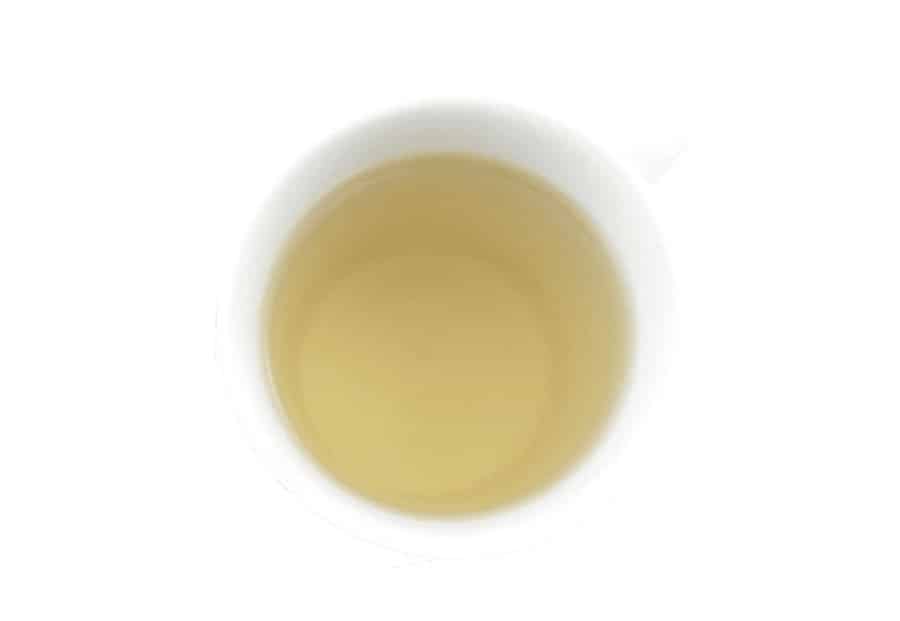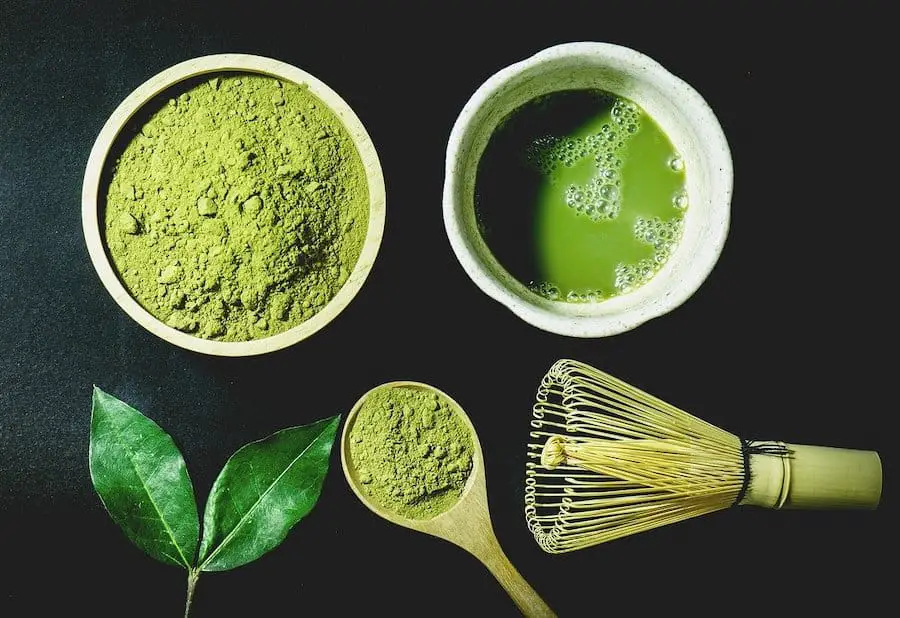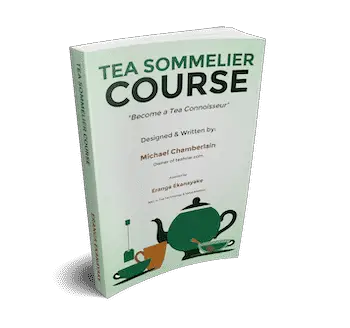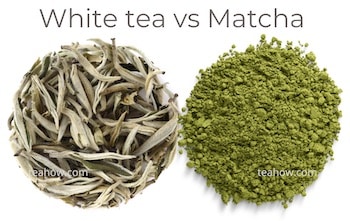You may be looking to try both white tea and matcha and wondering which is better. White tea vs matcha tea! And boy this is difficult too -as they both have some great qualities! But I’ll take you through it…
So in the article, I’m going to provide a thorough comparison. Which includes the properties of each, health benefits, taste, caffeine price, and more.
Both white tea and matcha originate from the Camellia Sinesis tea plant. Their buds and leaf profiles differ, and Green matcha undergoes a greater amount of oxidation than white tea and is brewed and served differently. Both are considered healthy, but white tea is less common and more expensive.
That’s the quick answer, and here’s a helpful table that outlines some more of the comparisons.
| White Tea | Matcha | |
|---|---|---|
| Made from | Camellia sinensis – buds | Camellia sinensis – young leaves |
| Sourced from | Worldwide, mostly China | Japan |
| Availability | Less common tea variety | Fairly common variety |
| Caffeine | 15-30 mg per cup | 280 mg per cup |
| Antioxidants | Average | High |
| Flavor | Floral, fruity, and sweet | Earthy, grassy, and sweet |
| Price Range | High | Low to middle |
| Healthier | Healthy | Very healthy |
So now let’s lead into what both are made of, as the picking of each crop and the processing are different and important factors.
What are White tea and Matcha made from?
While both white tea and matcha are made from the true tea plant “Camellia Sinensis”. White tea is made from the first flush of the tea plant and made up of the unopened buds of tea shoots.
Matcha is made from the young leaves of the tea plant the same as green tea but gathered after shielding them from sunlight for about 20–30 days before harvest.
Also, matcha is made almost the same way as green teas. But it’s in the final step of making Matcha that the process differs.
Tea leaves for matcha are ground into a fine powder form. It’s this grinding process that gives it the name “Matcha” (抹茶) name – literally meaning “ground tea”.


To get an idea along similar lines, you might also want to take a look at my article on Green tea vs White tea!
Availability – White tea vs Matcha
White tea is not as readily available as other mainstream teas, because of its complex and fragile brewing process …and the benefits of white tea which many are unaware of.
On the other hand, Matcha is widely available and is found in many forms of fancy drinks in restaurants and cafes.
Matcha is becoming even more popular in western countries in recent times, making it more widely available to a large western audience only encourages more plantations to produce it.
Caffeine content – White tea vs Matcha
One cup of white tea has around 15-30 grams of caffeine whereas one cup of a standard Matcha tea made with 4 teaspoons of Matcha powder has about 280 mg of caffeine.
Matcha is processed into fine particles and ingested directly. So it has a greater caffeine level than white tea. There’s just more of the leaf content going directly into a cup of tea …and the full caffeine content along with it.
Antioxidants – White tea vs Matcha
Both white tea and matcha have a powerful combination of antioxidants.
However, a high-quality Matcha can contain three times more antioxidants than green tea, which is again more than the number of antioxidants in white tea.
Flavor and texture – White tea vs Matcha
White tea combines a profile of floral, grassy, honey, fruity, melon, peach, apricot, chocolate, citrus, herby, mild, subtle, vanilla, delicate, and sweet flavor.
Whereas, the perfect flavor of good quality Matcha goes by descriptions such as, vegetal, grassy, and nutty with a smooth sweetness. Said to give a pleasant flavor without the astringent bitterness of most tea types.
Besides flavor, Matcha has a more thick and creamier texture which offers up a heavy-taste when compared to the light and gentle, silky texture of white tea.
Price – White tea vs Matcha
Both white and Matcha are sold at premium prices, but because white tea is less available, they have a higher price than Matcha.
But it’s worth noting that a higher quality or a good brand Matcha can be as expensive as white tea.
Is white tea or matcha healthier?
Matcha is a fine powder that has more concentration and properties than regular green tea.
This also means you’re consuming the whole tea leaf which can give you greater benefits cup-for-cup than white tea.
But, unlike white tea, it’s strongly recommended not to consume more than two cups of Matcha in a day, because of its high caffeine content per cup when compared to white tea.
However, the reality is that Matcha and white tea are both full of goodness and all that matters is getting a good-quality tea to receive these benefits.
So, it’s fair to say that a half decent cup of white tea can prove healthier than a cup of low-quality Matcha.
Well, that compares matcha and white tea. And if you’re the kind of person asking this question, then you’re probably someone who would enjoy my popular Tea Sommelier Course… which proves that you can actually be a tea connoisseur, without having to be a Tea Sommelier!

Take the fast track and become a tea connoisseur
Whether for enjoyment or considering a career as a tea sommelier. This course has everything you need to enhance your tea knowledge and tea-tasting skills.
This course keeps it simple with step-by-step tea tasting and easy reference guides
For pleasure, or as a precursor to a career in the tea industry. Find out what tea sommelier actually does, their career paths, and what they earn.

Find out more about the Teahow Tea Sommelier Course!
Find out more about the Teahow Tea Sommelier Course!
